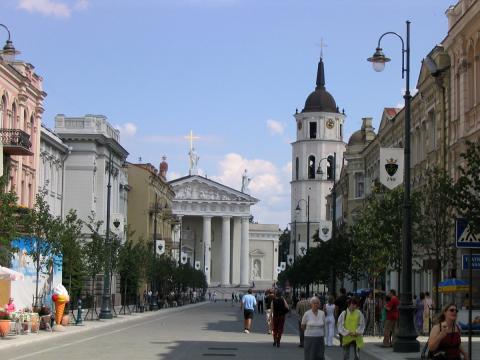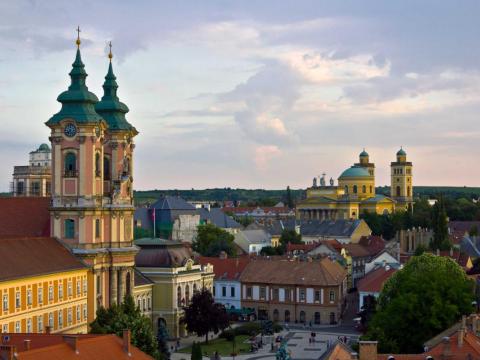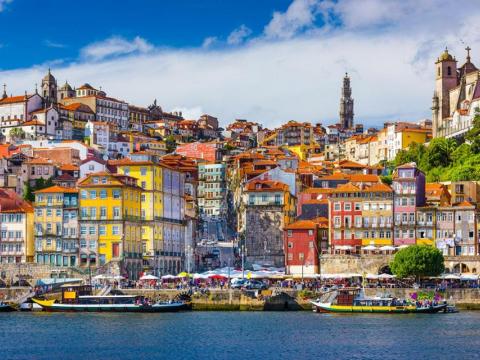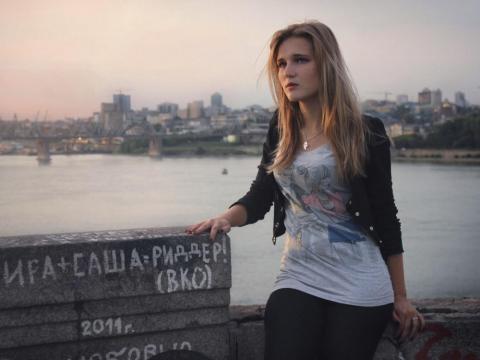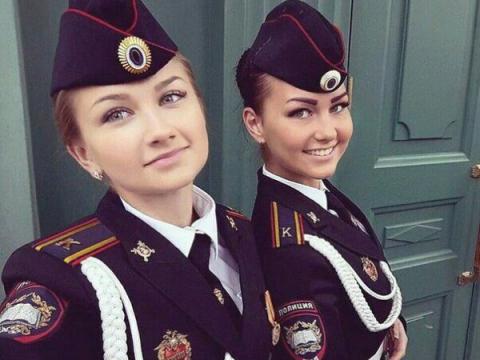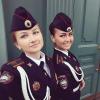Russia in a Nutshell
Russia (Russian: Россия, Rossiya) is the world's largest republic, encompassing more than one-eighth of the Earth's populated land area, Eastern Europe and northern Asia, and eleven time zones. Although geographically mainly in Asia, the majority of Russia's population is located in Europe, and Russia is unmistakably European culturally. Most of the Asian portion, on the other hand, shares more similarities with Kazakhstan, Mongolia, or Northeast China than with Eastern Europe. Russia has a long and illustrious tradition and civilization.
The geography consists of large plains with low hills west of the Urals, extensive coniferous woodland and tundra in Siberia, uplands and mountains along the southern frontier areas, and rugged and volcanic terrain in most of Russia's Far East.
Russia is a cold place, but there are still gray areas. The comparison of permafrost tundra, which covers 65 percent of Russian territory, and the exotic Black Sea coast has in between the continental climate, which is the most populated zone of European Russia, southern regions of Siberia, and the Russian Far East. Its summers are still warm, with plenty of hot days allowing for outdoor bathing in many rivers, streams, and seas.
Russia's primary language is Russian. The language is similar to Ukrainian and Belarusian and belongs to the East Slavic language family. Other Slavic languages, such as Bulgarian, Croatian, and Czech, are not mutually intelligible, but they do have certain similarities. Russian is regarded as one of the most difficult European languages for an English speaker to understand, owing to its extremely complex grammar. You can not master the language quickly; instead, focus on main "courtesy" phrases and the Cyrillic script (for example, "ресторaн" spells "restoran" in the Roman alphabet, which means "restaurant") so you can remember street names, marks, and public signs. Familiarizing yourself with Cyrillic is extremely beneficial, not just for Russia but also for a variety of other nations, and it is not difficult.
For those who do not speak a Slavic language, learning Russian may be difficult. The Cyrillic script employs several Latin alphabet letters but assigns many of them distinct tones. The language uses three grammatical genders (masculine, feminine, and neuter), six grammatical cases, and free-fall stress, both of which conspire to make it impossible for native English speakers.
English is becoming increasingly important in the business world, and it is the most widely spoken international language in the region. While younger, trained Russians and those employed in the service industry can have a simple conversation in English, it is rarely spoken, even in Moscow and St. Petersburg. For the independent traveler, some knowledge of Russian is needed.
Regardless of fluency, any experience of Russian is guaranteed to please the locals. Having said that, Russians who are fluent in English can, in some circumstances, offer to speak in English even though you want to converse with them in Russian. Don't be surprised; it's not meant to hinder your efforts; Russians usually do not think it polite to talk to anyone in a language they don't understand.
Since the standard of foreign language teaching isn't very good, those who speak English may or may not deny knowing it for fear of being confused or discouraged. You may be one of the very few English native speakers a Russian local has ever seen.
Russia claims to accept the majority of its hundreds of languages. In the early decades of the USSR, Soviet linguists registered them and ensured that they were given Cyrillic writing systems (except Karelian, Veps, Ingrian, Votic and Ter Sami). Some were designated as local co-official languages. The languages of southern Russia are Turkic, Mongolian, and Tungusic, while those of northern Russia are Finnic and Samoyed. A host of Caucasian languages are spoken in the southwest corner, while a few Chukotko-Kamchatkan languages are spoken in the northeast.
The Russian Orthodox faith is one of the world's oldest sects of Christianity, with a strong following after being repressed during the communist era, and has been recognised as the state religion since July 2020. Old Church Slavonic is the language used in Russian Orthodox church services, and it varies significantly from modern Russian.
Last modified on 04/25/2021 - 12:53
Currently there are no places in Russia.
Currently there are no trip reports about Russia.
Currently there are no videos of Russia.


